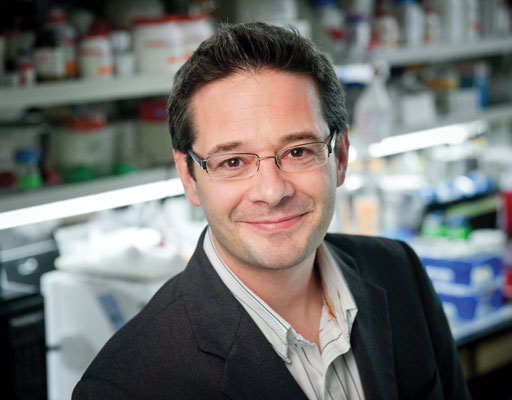Professor Gilbertson has taken up his role Chair of GRAM (Grant Review and Monitoring committee) at the Cancer Centre at Cambridge University.
“My own research lab studies the origins of cancer, particularly childhood brain tumours, and is seeking to develop completely new treatments of these devastating tumours.”
“Discoveries made in Cambridge can and should be shared with the world to move closer to the day that no one dies of cancer, anywhere. This is our mission.”
Previously Prof Gilbertson was the Director of the National Cancer Institute Comprehensive Cancer Centre at St. Jude Children’s Research Hospital – the only US Cancer Centre dedicated solely to Children.
“The density of intellectual capacity and the depth and breadth of science ongoing across Cambridge is truly stunning. Having worked for 15 years in the US and served on many external advisory boards, Cambridge is the most impressive scientific environment I have encountered. One really feels that anything is possible here and we will make a difference for patients.”
“We have already generated a new 12 program structure that engages over 600 doctors and scientists and spans all the hospitals, institutes and departments in Cambridge. The structure also includes a new onco-innovation effort that engages our new neighbours and research partners in the pharmaceutical industry as well as in physics, chemistry, engineering, maths and even astrophysics.
“These great minds are now working together to solve the problem of cancer and are defining a new roadmap for cancer science in Cambridge for the next five years.
“There are four key areas over the next five to ten years where we should see developments; repurposing (where we take drugs used for other cancers or diseases and use them to treat brain tumours), developing targeted treatments, immunotherapy (which uses the body’s immune system to fight cancer), and targeting the healthy cells and tissues that surround and support the tumour.”

Read our Q&A with Prof Gilbertson
“These great minds are now working together to solve the problem of cancer and are defining a new roadmap for cancer science in Cambridge for the next five years.”
